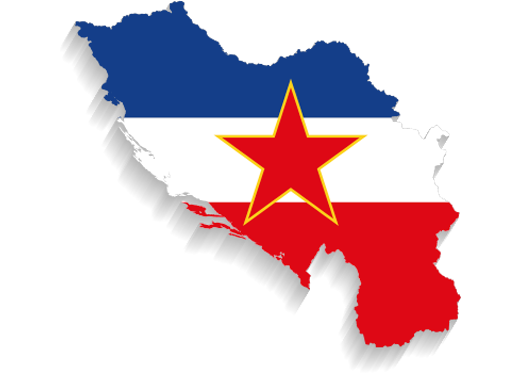(Grant Agreement n. 669194)
Ambassador of Yugoslavia to EEC (1971-1977)
Petar Miljević was Yugoslavia’s second ambassador to the EEC from 1971 to 1977. He succeeded Miloš Oprešnik, confirming the crucial role played by the Yugoslav embassy in Community Brussels. A permanent member of the Yugoslav delegation within the EEC-Yugoslav Mixed Commission, he was aware of the development of the EEC as an international actor. Between 1974 and 1975, he insisted particularly with Miloš Minić and Boriš Šnuderl on the need to avoid Yugoslavia’s isolation between the EEC and COMECON, at a time when the two regional organisation were developing direct contacts.
|
He was a senior official at the Western European department of the Federal foreign affairs secretariat between 1973 and 1976. Working closely with Janko Smole, he was one of the main negotiators of the December 1976 EEC-Yugoslavia joint declar... |
|
From the mid-1960s to the late 1970s, Boris Šnuderl was one of the leading actors of Yugoslavia’s policy towards the Western European economic system. A member of the Yugoslav government from 1971 to 1974, he was responsible for Y... |
|
He was deputy-head of the Yugoslav embassy to the EEC throughout the 1970s, representing a factor of continuity of Yugoslavia’s stance in Community Brussels. Working closely with Miloš Oprešnik, Petar Miljević and Bora Jeft... |
|
A long-standing member of the LCY, Miloš Minić became the Federal foreign affairs secretary after the normalisation process which put an end to the "nationalist" course in Croatia, Slovenia and Serbia between 1971 and 1972. Although he ... |
|
Milica Žiberna worked uninterruptedly as an Assistant to the Federal foreign trade secretariat throughout the 1970s. In this function, she coordinated relations between the ministerial apparatus and the Yugoslav representation to the EEC. Not ... |
